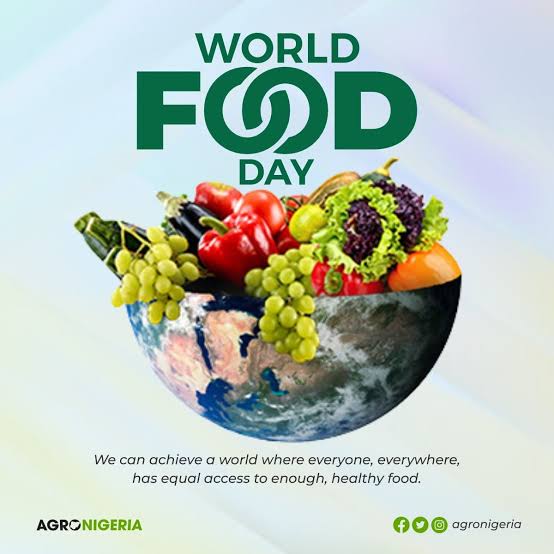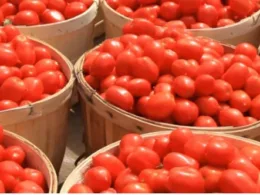As Nigeria marks World Food Day on October 16, 2024, the country’s deepening food crisis has left many citizens grappling with survival.
Escalating inflation, widespread insecurity, and the discontinuation of key subsidies have driven food prices to unprecedented levels, compounding the challenges faced by millions of households. With inflation now exceeding 32% year-on-year, everyday staples such as rice, beans, garri and yams have become unaffordable luxuries for many Nigerians.
Inflation and the Food Crisis
The latest data from Nigeria’s National Bureau of Statistics reveals a 250% increase in the prices of essential foods like tomatoes, beans, and plantains within a single year. A kilogram of brown beans, for example, now costs over ₦2,200, up from ₦651 in 2023. This sharp increase reflects not only the rising cost of domestic production but also the impact of the naira’s devaluation and global supply chain disruptions.
Nigerians, particularly those with low incomes, have had to adapt by switching to cheaper, local alternatives. However, even these adjustments are not enough to cushion the effects of inflation.
Market sellers report declining demand, with many households unable to afford even two meals a day. Basic foods like bread, milk, and meat have become rare treats, as families resort to creative cooking solutions, such as substituting meat with mushrooms or vegetable sauces.
The surge in food prices is exacerbated by insecurity across northern states like Borno, Yobe, and Adamawa, where banditry and insurgency have displaced farmers and disrupted agricultural activities.
Many displaced individuals now rely on food aid from organizations like the World Food Programme, which aims to assist over a million vulnerable people monthly. Furthermore, climate related challenges such as droughts in some regions and severe flooding in others have further diminished crop yields, aggravating the food scarcity crisis.
In response to the crisis, the Nigerian government has introduced several initiatives, such as the National Agricultural Technology and Innovation Plan, aimed at boosting agricultural productivity. However, experts argue that these efforts are insufficient without greater private sector involvement and investment in rural infrastructure. Calls are growing for long-term solutions, including better security for farmers, improved agricultural practices, and robust economic policies to stabilize inflation
As food prices soar, the struggle for survival intensifies. Many Nigerians report skipping meals or relying on minimal diets to get by. Stews once made with fresh tomatoes and meat are now substituted with cheaper tomato paste and local vegetables. The emotional and physical toll is evident, with parents expressing fears over malnutrition and hunger among their children.










Join our Channel...